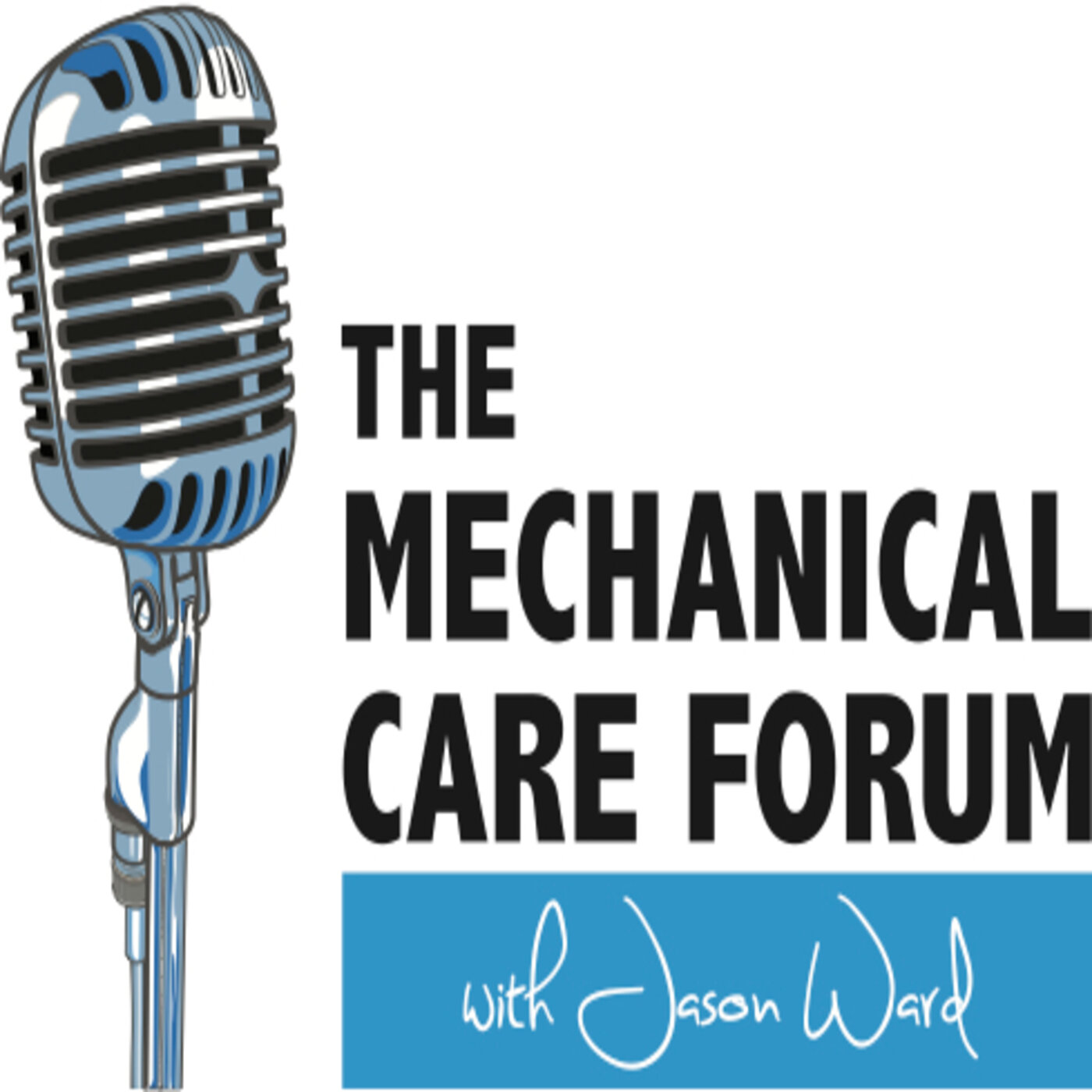Greg Lynch, Dip Phty, Dip MDT, Dip MT, MPNZ, MNZCP
Show Notes
When Effectiveness Improved
A structured assessment process helped a great deal. Mentors within the faculty of the McKenzie Institute also gave great help. As his questioning and interpreting skills of those answers improved his care improved.
Greatest Challenges
New concepts like Pilates and dry needling and especially any treatment that doesn’t have an assessment to guide and direct to that treatment can be a great distraction. A proper assessment should guide the clinician versus just employing a technique that are in vogue.
Our Primary Strength
The ability to determine if a patient is a responder or non responder and what load should be applied to their problem area or if we need to refer on, all through the assessment is our primary strength.
Common Mistakes from Students
Commonly Greg sees students go lateral too soon and they should stick with the sagittal plane. As Grant Watson has said, stick with the KISS principle; Keep It Simple and Sagittal.
Memorable Patient Story
Greg shares a patient from the chronic low back program, a very large fellow who had cauda equina syndrome with incontinence and unrelenting leg pain. And although upon discharge the patient still had all his pain, what he did achieve left an impression on Greg over all these years.
Patient Analogy
Greg uses the traffic light guide in terms of directing patients to know when to continue or when to stop.
Best Advice
Early on in his career he was encouraged by a mentor to not bother with using electromodalities. He hasn’t used them in years. He admits it’s harder because you’ve got to critically think through each patient and don’t have the luxury to just heat them or freeze them but it’s much more productive by not resorting to them.
Resources
Patients are a great resource. As Robin always said, “Everything I learned, I learned from my patients.”
Handouts that educate the patient on what the provisional diagnosis is and the key principles for the patient to understand to optimize equipping them are important tools and resources.
Impactful Studies
Many studies on tendon pathology have been helpful.
Achilles tendinopathy.
Cook JL1, Khan KM, Purdam C Man Ther. 2002 Aug;7(3):121-30.
Personal Habit Contributing to Success
Being enthusiastic and having a positive outlook. He also hears people describe him as using his hands a lot which he feels helps people see his enthusiasm but he also he knows when to NOT use his hands.
Greg wants to promote The McKenzie Institute International Conference in Copenhagen in September of this year 2015. Especially the pre conference workshop that will be on the topic of “MDT and the Athlete”
You can reach Greg through his website.
http://www.wellingtonsportsmed.co.nz/
To contribute:
Give a 5-star review on iTunes;
Share EP #51 with a friend; and/or
Connect with us on the Spotify MCF Podcast and MCF Instagram page!
Thanks for your support!

